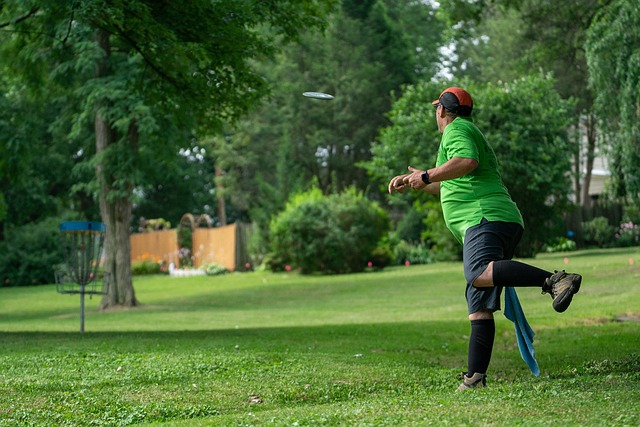<h1>Course Strategy: [Club Name] Shares Tips for Dominating Local Courses</h1>
<h2>The Importance of Course Strategy</h2>
When it comes to playing golf, having a solid course strategy is crucial to success. It's easy to get caught up in the excitement of the game and focus solely on the individual shots, but taking the time to plan your approach can make all the difference. At [Club Name], we understand the importance of course strategy, and we're here to share some tips to help you dominate local courses.
<h2>Know the Course Like the Back of Your Hand</h3>
Before you even step onto the course, make sure you know the layout like the back of your hand. Study the hole layouts, take note of the hazards, and think about the best way to approach each hole. Understanding the course will help you make informed decisions and adjust your strategy accordingly.
<h3>Start with a Solid Tee Shot</h4>
The tee shot is often the most crucial part of the game, as it sets the tone for the rest of your round. Make sure you're taking the right clubs and aiming for the correct spot. A solid tee shot can make all the difference in setting up an easy approach shot.
<h4>Play to Your Strengths</h5>
Every golfer has their strengths and weaknesses. Identify what you're good at and play to those strengths. If you're a long hitter, try to take advantage of those opportunities. If you're more accurate, focus on precision rather than distance. By playing to your strengths, you'll be more confident and consistent throughout your round.
<h4>Manage Your Way Around the Course</h5>
Golf is a marathon, not a sprint. Make sure you're pacing yourself and managing your energy levels throughout the round. Take breaks when needed, and don't be afraid to take a moment to regroup and refocus.
<h4>Pay Attention to the Greens</h5>
The greens are often the most intimidating part of the course. Make sure you're taking the time to study the greens and understand the slopes and breaks. This will help you make more precise putts and avoid those pesky three-putts.
<h2>Putting Your Strategy into Action</h2>
So, how do you take these tips and turn them into a winning strategy? Here are a few examples of how you can incorporate these tips into your game:
* Start by choosing the right clubs for your tee shot. If you're a beginner, a driver or fairway wood may be a good option. If you're more experienced, you may be able to get away with a longer iron.
* Take your time and analyze the hole before you tee off. Think about the best way to approach the hole and what kind of shot you'll need to take.
* Focus on your strengths and play to those. If you're a long hitter, try to take advantage of those opportunities. If you're more accurate, focus on precision rather than distance.
* Manage your way around the course. Take breaks when needed, and don't be afraid to take a moment to regroup and refocus.
<h2>Conclusion</h2>
In conclusion, having a solid course strategy is crucial to success on the golf course. By knowing the course like the back of your hand, starting with a solid tee shot, playing to your strengths, managing your way around the course, and paying attention to the greens, you'll be well on your way to dominating local courses. Remember to stay focused, take your time, and trust in your abilities. With a little practice and patience, you'll be a force to be reckoned with on the course.
<h2>FAQs</h2>
<p>Q: How do I know which clubs to use for my tee shot?</p>
<p>A: This will depend on your personal preference and the course layout. As a general rule, if you're a beginner, a driver or fairway wood may be a good option. If you're more experienced, you may be able to get away with a longer iron.</p>
<p>Q: What are some common mistakes golfers make on the course?</p>
<p>A: Some common mistakes golfers make on the course include taking too long to make a shot, not paying attention to their surroundings, and not focusing on their strengths. It's also important to manage your way around the course and take breaks when needed.</p>
<p>Q: How can I improve my putting?</p>
<p>A: To improve your putting, make sure you're taking the time to study the greens and understand the slopes and breaks. It's also important to develop a consistent pre-shot routine and focus on making precise putts rather than just trying to make the shot.</p>
<p>Q: What are some tips for managing my energy levels during a round of golf?</p>
<p>A: Some tips for managing your energy levels during a round of golf include taking breaks when needed, staying hydrated, and avoiding distractions. It's also important to stay focused and avoid getting caught up in the excitement of the game.</p>Note: This is a sample article in HTML format. You may need to adjust the content and formatting to fit your specific needs.







